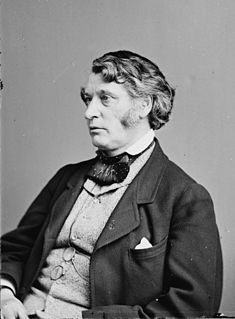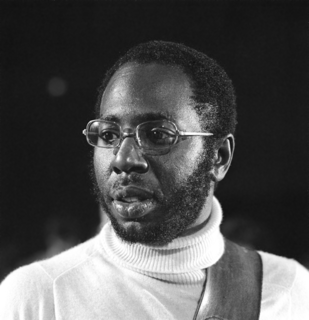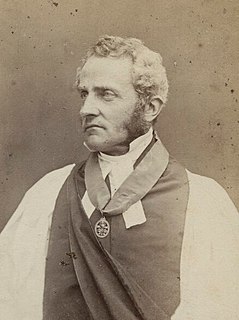A Quote by George William Curtis
Reputation is favorable notoriety as distinguished from fame, which is permanent approval of great deeds and noble thoughts by the best intelligence of mankind.
Related Quotes
It is natural to admire and revere really great men. They hallow the nation to which they belong, and lift up not only all who live in their time, but those who live after them. Their great example becomes the common heritage of their race; and their great deeds and great thoughts are the most glorious legacies of mankind.
These ceremonies and the National Statuary Hall will teach the youth of the land in succeeding generations as they come and go that the chief end of human effort in a sublunary view should be usefulness to mankind, and that all true fame which should be perpetuated by public pictures, statues, and monuments, is to be acquired only by noble deeds and high achievements and the establishment of a character founded upon the principles of truth, uprightness, and inflexible integrity.
After all the allowances are made for the necessity of having a few supermen in our midst - explorers, conquerors, great inventors, great presidents, heroes who change the course of history - the happiest man is still the man of the middle class who has earned a slight means of economic independence, who has done a little, but just a little, for mankind and who is slightly distinguished in his community, but not too distinguished.
The best antidote against evils of all kinds, against the evil thoughts that haunt the soul, against the needless perplexities which distract the conscience, is to keep hold of the good we have. Impure thoughts will not stand against pure words and prayers and deeds. Little doubts will not avail against great certainties. Fix your affections on things above, and then you will less and less be troubled by the cares, the temptations, the troubles of things on earth.

































